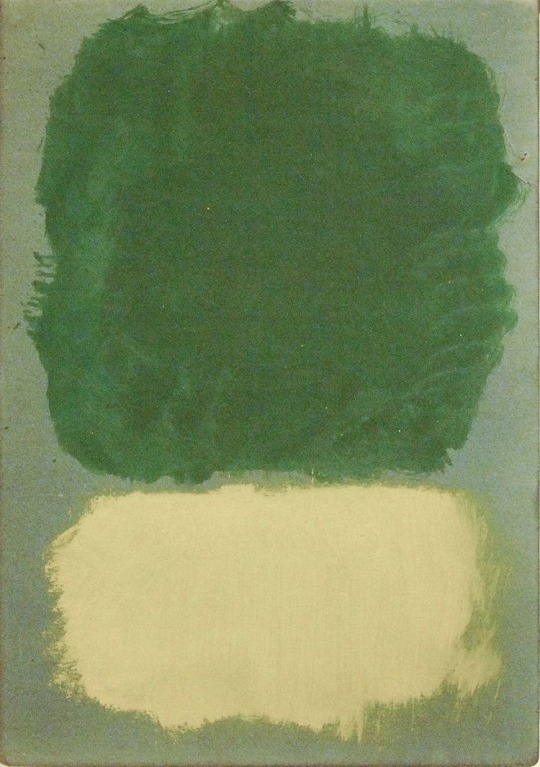Text
“You can always cope with the present moment, but you cannot cope with something that is only a mind projection - you cannot cope with the future.”
— Eckhart Tolle
1K notes
·
View notes
Text
Bestie I can feel rejected by things you wouldn’t even think of
45K notes
·
View notes
Text
history of the hebrew bible
—1250-1000 bce israel emerges in the highlands of canaan, holding oral narratives of the pentateuch (abraham, if historical, ca. 1800, moses ca. 1250)
—1050 bce the united monarchy forms. saul's reign ca. 1050. david's ca. 1000. solomon's ca. 960. the latter erects the temple. the first former prophets are summoned
—ca 950 bce the oral narrative of the pentateuch is recorded in hebrew. some scholars name this earliest source the yahwist
—922 bce the kingdoms separate into israel in the north (capital samaria) and judah in the south (capital jerusalem). more former prophets are summoned, as well as the latter and the twelve
—ca 850 bce the so-called elohist source records oral narratives of the pentateuch. they may have access to the yahwist source
—722/21 bce assyria ruins samaria, exiles population. this exile affects prophets from the north such as amos and hosea
—621 bce josiah "finds" a scroll in the temple. this deuteronomist source reifies his reforms
—606 babylon and medes ruin nineveh
—597-586 bce babylon ruins jerusalem, namely, the temple. exiles population. this exile affects prophets from the south such as ezekiel and jeremiah
—ca 550 bce the priestly source, keen on re-membering in the midst of exile, records oral narratives of pentateuch. they made use of earlier written sources (so-called j, e, and d sources). some scholars suggest most, if not all, of the hebrew narrative is in fact recorded in this exile period
—539 bce persia ruins babylon, returns judean exiles, allows for temple to be rebuilt
—520-515 bce the temple rebuilt in jerusalem. this starts the 'second temple period'
—400 bce the torah section of the canon reaches its final form
—336-323 bce alexander the great ruins persia
—312-198 bce ptolemies of egypt reign over judah. the dead sea scrolls are composed ca. 300-100 bce. seleucids conquer jerusalem ca. 198
—200s bce LXX is composed in greek. the prophets section of the canon reaches its final form
—168/167 bce syria reigns over jerusalem. maccabean revolt
—33 ce a rabbi from nazareth with kind eyes hangs on a cross
—40s-60s ce a pharisee falls off a horse, sends letters to house churches (pauline epistles)
—66-70 ce the second temple is destroyed
—60s-110s the four gospels of the second testament are written. a fifth one, named q, may or may not be lost at this time
—100 ce the writings section of the canon reaches its final form
—300-400 ce codex vaticanus and codex sinaiticus composed
—600-900 ce the MT is rendered. hebrew is afforded vowels, finally. aleppo codex and cairo codex composed
163 notes
·
View notes
Text
First Fig
by Edna St. Vincent Millay
My candle burns at both ends; It will not last the night; But ah, my foes, and oh, my friends -- It gives a lovely light!
408 notes
·
View notes
Photo

A Red-winged Blackbird looking like it’s getting a free ride on an Osprey’s broomstick. The Blackbird was focused on driving the Osprey away from the marsh, while the Osprey was focused on bringing back a good stick for the nest.
28K notes
·
View notes
Text

Antique Late Victorian Solid Silver Brooch with Paste-Set Wings Holding a Turquoise Heart Centerpiece
470 notes
·
View notes
Text
stupid thing about me is I don’t cut corners but I also have no work ethic. if I do something it WILL be done right. no telling whether I’ll actually fucking do it tho
33K notes
·
View notes
Text

study of the love note
there is something about the action of folding that is integral to the love note. once folded, it’s charged with a furtive and hopeful magic, like finishing a spell
13K notes
·
View notes














